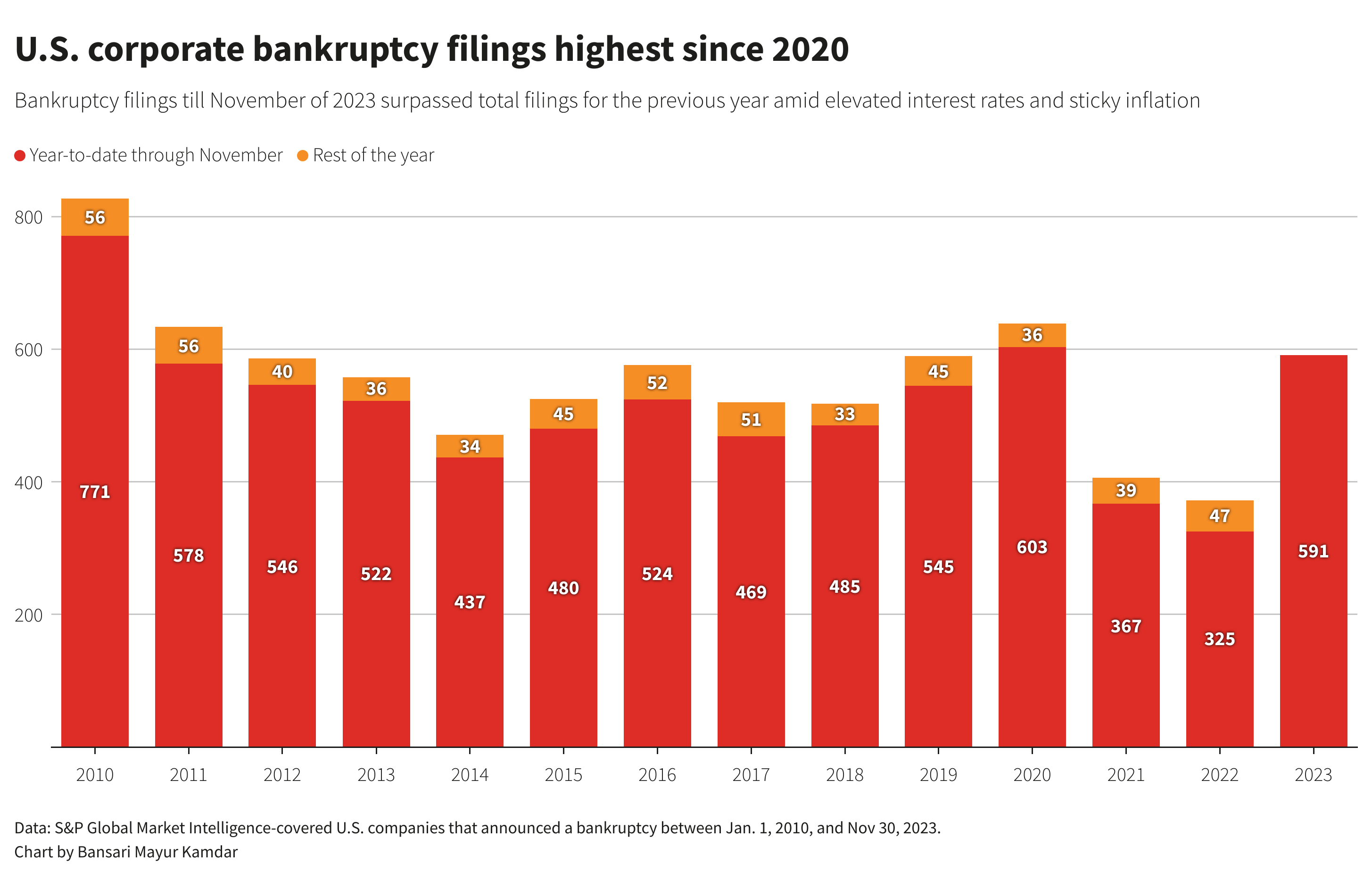Semiconductor Industry Faces Turmoil as FS Foundry and Wolfspeed Declare Bankruptcy Amid Market Strain

Shockwaves in the Semiconductor Industry: FS Foundry and Wolfspeed File for Bankruptcy Amid Market Pressures
Industry Turmoil as Electric Vehicles Drive Demand
The rapid acceleration of electric vehicles has transformed industries worldwide, but the sector that supplies their critical components is facing unprecedented turbulence. Recently, FS Foundry, a Japanese enterprise founded less than three years ago, filed for bankruptcy as it struggled to overcome persistent capital shortfalls and mounting pressure from increasingly dominant Chinese rivals. This development grabbed headlines as the company’s liabilities soared to about $110 million, underscoring the harsh realities gripping the power semiconductor supply chain.
These challenges arrive despite growing demand for efficient, high-performing semiconductors required in electric vehicles and other next-generation technologies. FS Foundry’s journey since its inception was marked by ambitious efforts to participate in the competitive global ecosystem, but factors like insufficient liquidity and aggressive market competition proved insurmountable in the short term. What makes this situation even more notable is the timing: just before declaring insolvency, FS Foundry had anticipated financial support from Japanese government initiatives intended to boost domestic semiconductor manufacturing. The hopes for strategic relief, however, proved too late to reverse the company’s financial trajectory.
Competitive Forces and Financial Strain Redefine the Market
The collapse of FS Foundry cannot be seen in isolation. It shines a light on a broader challenge in the power semiconductor market: how do emerging and established manufacturers survive in an environment characterized by escalating global competition and capital intensity? The answer is complex, as the sector’s future depends heavily on innovation, robust financing, and nuanced government policy. Chinese manufacturers, leveraging scale advantages and state support, have become increasingly influential, often pricing aggressively to capture global market share. This shift has placed extreme pressure on less-capitalized competitors, especially newer entrants and niche players.
Government intervention, while pivotal, presents no guarantees. Subsidy programs and other support mechanisms are vital for nurturing strategic sectors but are sometimes hampered by administrative delays or shifting policy priorities. For FS Foundry, the anticipated assistance aimed at stabilizing the semiconductor supply chain arrived amidst a backdrop of rapidly worsening finances, highlighting the narrow window for turnaround efforts within this highly dynamic field. Even for those with cutting-edge technology or promising customer bases, rapidly changing industry structures and capital requirements remain formidable barriers to sustained success.
Silicon Carbide Specialist Wolfspeed Restructures Amid Debt Pressures
FS Foundry’s filing was mirrored by a parallel development in the United States, as Wolfspeed, recognized for its expertise in silicon carbide components, also entered bankruptcy proceedings. Wolfspeed’s restructuring is focused on managing a substantial debt load amounting to $6.5 billion following a significant agreement with creditors. The decision to seek court protection signals the tremendous financial demands and operational risks inherent in the production of advanced power semiconductors. Silicon carbide has emerged as a foundational material in high-efficiency, high-voltage electronics, especially for electric vehicles, renewable energy systems, and industrial automation. The capital-intensive nature of this technology means even established firms can find themselves vulnerable to adverse market swings and rising costs.
Restructuring efforts do not equate to an end for firms like Wolfspeed; instead, they offer a pathway to re-engineer balance sheets, renegotiate obligations, and sharpen strategic direction. This process is increasingly common across global technology sectors, where companies must continually adapt capital structures and operational models to navigate cycles of innovation, competition, and economic uncertainty. The combination of these high-profile filings signals to investors and industry observers the need for fine-tuned risk management and the importance of timely, flexible capital solutions in the fast-evolving semiconductor landscape.
Defining Factors and Long-Term Implications for the Market
At the heart of these recent bankruptcies are several interlocking factors: fierce global competition, capital requirements that often exceed initial projections, and the relentless pace of technological change. The power semiconductor field, encompassing materials like silicon carbide and gallium nitride, is characterized by rigorous performance demands, high research and development costs, and intricate supply chains. For companies operating in this environment, access to reliable financing and the ability to respond swiftly to emerging market opportunities are paramount.
Strategic milestones in the sector’s evolution include the adoption of new materials and architectures, entry of major global players, and shifts in policy frameworks supporting domestic manufacturing. The cases of FS Foundry and Wolfspeed illuminate the divergence in outcomes for companies unable to bridge funding gaps or recalibrate amid external shocks and pricing pressures. These moments become pivotal for both industry participants and policymakers because they shape the competitive landscape for years to come, determining which firms retain the capacity to innovate and expand.
Conclusions for Stakeholders and Industry Observers
For stakeholders watching the power semiconductor arena, the recent filings serve as a reminder of the volatility and uncertainty inherent in this high-tech, strategically vital space. Every player—whether investor, executive, or policymaker—faces the task of balancing innovation with pragmatic risk assessment. Moving forward, the lessons from FS Foundry and Wolfspeed will resonate throughout the industry, informing strategies focused on resilience, adaptability, and the search for sustainable competitive advantage.
As electrification trends continue to shape the global economy, the power semiconductor market will remain at the forefront of technological and economic transformation. The recent financial upheaval is not just a reflection of individual company outcomes but a signal of broader shifts in how value, scale, and capital are negotiated within one of the world’s most critical high-growth markets.
